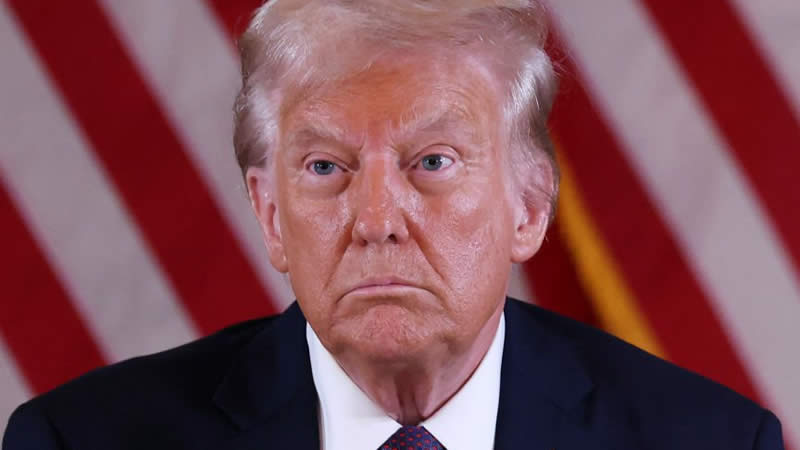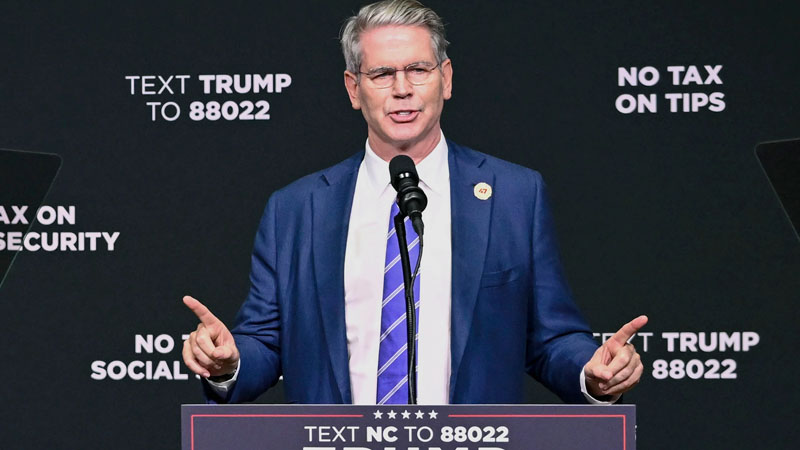Billionaire businessman Scott Bessent, President-elect Donald Trump’s nominee for Treasury Secretary, sparked controversy during his Senate confirmation hearing on Thursday by arguing that the federal minimum wage should remain unchanged at $7.25 an hour.
During questioning by Sen. Bernie Sanders (D-VT) at the Senate Finance Committee, the long-standing debate over wage inequality took center stage. Sanders highlighted the plight of millions of low-wage workers in the United States.
“Right now in America, we have over 22 million workers who are making less than $15 an hour, and nearly 40 million people in our country earning less than $17 an hour,” Sanders said. “Shamefully, the federal minimum wage, despite the efforts of myself and other people here, has not been raised since 2009 and remains an unbelievable $7.25 an hour.”
Sanders then asked, “Will you work with those of us who want to raise the federal minimum wage to a living wage to take millions of Americans out of poverty?” Bessent, however, pushed back against a federal increase, asserting that wage decisions should be left to states and regions.

“Senator, I believe that the minimum wage is more of a statewide and regional issue,” Bessent replied. Unconvinced, Sanders pressed further: “So you don’t think we should change the federal minimum wage of $7.25 an hour?” “No, sir,” Bessent said firmly, reiterating his position.
Bessent’s stance has already drawn sharp criticism from labor advocates and Democrats who argue that the stagnant federal minimum wage has left millions struggling to make ends meet amid rising costs of living. They contend that relying on states to address the issue creates disparities, as some states fail to set wage floors higher than the federal level.
On the other hand, Bessent and others who share his perspective argue that a federal wage hike could harm businesses, particularly small and regional enterprises, by increasing operational costs in areas where the cost of living is lower.
The exchange underscores the deep divisions in Congress over addressing wage inequality and the federal government’s role in setting a national standard. If confirmed, Bessent’s position on the federal minimum wage is likely to remain a contentious point in the ongoing debate over economic policy in Trump’s administration.

